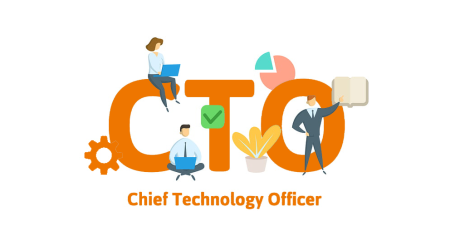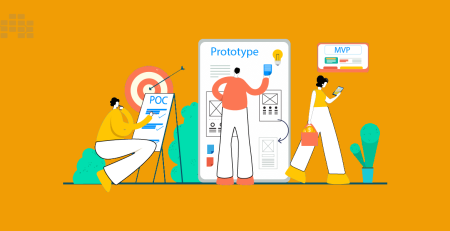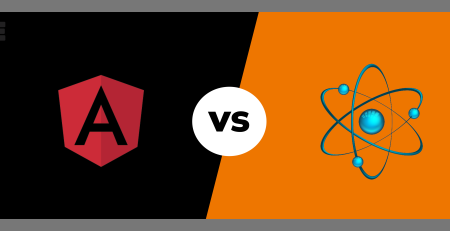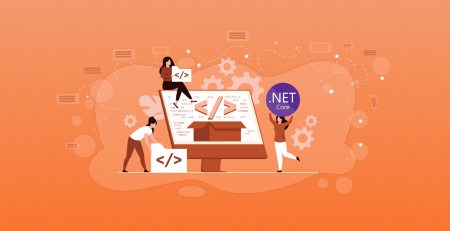Dedicated Team vs. Extended Team: Choosing the Right Approach for Your Software Development Project
In today’s rapidly evolving digital landscape, businesses across various industries rely heavily on software development to stay competitive. When undertaking a software project, one crucial decision that organizations face is determining the most suitable team structure. Two popular options are a dedicated team and an extended team. Each approach has its unique characteristics, advantages, and considerations. In this blog post, we’ll delve into the dedicated team and extended team models to help you make an informed choice for your software development endeavors.
Understanding Dedicated Teams:
A dedicated team is a group of specialists exclusively assigned to work on a specific project or set of tasks within an organization. This team functions as an independent unit, focusing solely on the project at hand. Dedicated team members possess the necessary skills and expertise required for the project and are usually well-versed in the organization’s processes and systems.
Advantages of a Dedicated Team:
- Focus and Expertise: By forming a dedicated team, you ensure that the members concentrate solely on your project. This allows them to develop an in-depth understanding of your requirements, resulting in better productivity and more accurate deliverables. Their expertise can lead to enhanced problem-solving capabilities and a higher level of quality.
- Seamless Collaboration: Long-term team members form strong ties and have a comprehensive awareness of each other’s strengths and shortcomings. This familiarity promotes effective communication, collaboration, and a strong team dynamic.
- Process Alignment: A dedicated team can align their workflow with your organization’s processes and methodologies, ensuring a seamless integration of the development efforts. They become an extension of your internal team, minimizing communication gaps and promoting a shared vision.
Considerations for a Dedicated Team:
- Cost: Building and sustaining a specialized staff might require a significant expenditure. Salaries, benefits, infrastructure, training, and other associated costs must all be considered. However, for large or complicated projects, the long-term advantages frequently surpass the early expenses.
- Scalability: While dedicated teams are well-suited for projects with stable requirements, scaling the team size might be challenging. If your project experiences fluctuating resource needs or requires rapid scaling, an extended team model might be a better fit.
Understanding Extended Teams:
An extended team, also known as an augmented team or a distributed team, involves collaborating with external resources, such as freelancers or software development agencies, to complement your in-house team. These resources work remotely but are integrated into your project’s workflow, making them an extension of your internal team.
Advantages of an Extended Team:
- Flexibility and Scalability: The extended team model offers greater flexibility in terms of resource allocation. You can quickly scale the team up or down as per your project’s changing requirements. It allows you to tap into a vast pool of talent without the need for extensive recruitment and training processes.
- Diverse Skill Sets: An extended team can bring diverse skill sets and expertise from various domains, ensuring a broader perspective on problem-solving. This variety can lead to innovative solutions and fresh ideas that may not have been possible with a dedicated team alone.
- Cost Efficiency: You can possibly save money by using an extended team rather than developing and maintaining a specialized staff. You can hire external employees on a project-by-project or part-time basis to minimize the fixed expenses associated with a full-time staff.
Considerations for an Extended Team:
- Communication and Coordination: With team members working remotely or across different locations, effective communication becomes vital. Ensuring clear channels of communication, project management tools, and well-defined processes are essential for successful collaboration with an extended team.
- Cultural and Time Zone Differences: When working with an extended team, you may encounter cultural and time zone differences. It is crucial to establish protocols that accommodate these factors and maintain a harmonious working relationship across different regions.
Conclusion:
When deciding between a dedicated team and an extended team for your software development project, there is no one-size-fits-all solution. Consider the scope and nature of your project, as well as your organization’s long-term goals and resources. A dedicated team offers a focused and aligned approach, while an extended team brings flexibility and scalability. Ultimately, successful software development relies on the right blend of talent, collaboration, and effective project management, regardless of the team structure you choose.













Leave a Reply